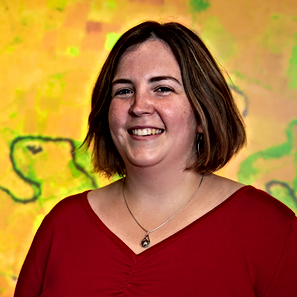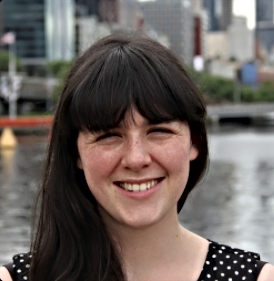Open Data Cube Conference 2021
Tuesday 22nd - Friday 25th June online
Proudly hosted by Geoscience Australia, Digital Earth Africa and FrontierSI

Welcome to the 4th Annual Open Data Cube (ODC) Conference 2021
Information Page
Sponsored by Digital Earth Australia and Digital Earth Africa, and coordinated by FrontierSI, the Open Data Cube Conference comprised a series of engaging presentations and panel discussions about upcoming possibilities for how we use EO, several coding opportunities, and even an Open Data Cube beginner’s session! With a range of activities for participation from expert coders to people interested in learning,the event catered to a range of ODC experience levels.
The Conference was held as a virtual event,
taking place over four days, between Tuesday 22 – Friday 25 June 2021.
This coordinated initiative undertook collaborative research and development to technically push the ODC family of applications forward, and to use the Open Data Cube to solve real world problems. We had several experts from the space and spatial community who are all active users and contributors to the ODC, so our conference attendees were exposed to some of the brightest developers in the spatial community.
The Conference has been structured to offer productive time for developers and scientists to work on code, systems, and/or data, with the aim of exploring new and innovative approaches. It focused on three key participation themes:
-
Focused training on the Sandbox environment.
-
Using the ODC to undertake science in one of the Sandbox environments with already-available data.
-
Building infrastructure and/or code at the project core.

IS THIS RELEVANT TO ME?
If you are from the developer community, the scientific dev user community, a member of a university, STAC/COG users, or a member of the broader Earth observation user community, then this conference is a must.
The conference offered participants the chance to get involved in:
-
Presentations: Watching keynote presentations and talks, followed by discussion with other participants about concepts and processes
-
Workshops: Joining workshops to learn new skills
-
Sprints: the opportunity to pick a topic of interest (or come with their own to pitch to others) and that can be worked on it in their own timezone, with regular check-ins with others around the world
This will help you to:
-
Explore new applications of free and open Earth observation data
-
Experiment with tools and techniques to improve usability of the Open Data Cube
-
Develop and extend learning materials to help onboard others
-
Attend a training workshop on using the Open Data Cube

PROGRAM
The ODC Conference consists of presentation sessions and a multi-day sprint - registration for all of these sessions are free.
Participants were advised to register for the sessions that best suit their timezone (and sent a Zoom link automatically upon registration). In order to be as globally inclusive as we can, the conference program featuring presentations and discussion will be run over two days - one Day 1, the session will be live in Australia and a playback of this live session (featuring local hosting and discussion) will happen 12 hours later for those in Africa, Europe and America. On Day 2, the session will be held live for Africa, Europe and America, and later played back (featuring local hosting and discussion) in Australia 10 hours later. You will need to click on the light blue 'Register for...' button
The sprint is entirely optional and will run over all three days. Sprint sessions will be largely self-organized, with opportunities to check in with others working on the same topic. You can work and contribute as much as you like depending on your availability and work schedul

SPEAKERS & COLLABORATORS
ODC SPRINT TOPICS
During the ODC Sprints, you'll have the opportunity to pick a topic of interest (or come with your own to pitch to others) and be able to work on this in your own timezone, with regular check-ins with others around the world. Sprint Topics put forward so far are shown below, and you will be able to decide on which sprint you want to be part of on Day 1 of the conference.
Taking part in the Sprint is optional - you can spend 9am - 5pm on all three hack days, or as much time as you are able to around your other work and other commitments. It's up to you!






DISCOVER MORE
If you would like to learn more or ask questions leading up to the Conference, feel free to use the Contact Us form on this website and we will endeavour to respond in a timely fashion.


















.jpg)